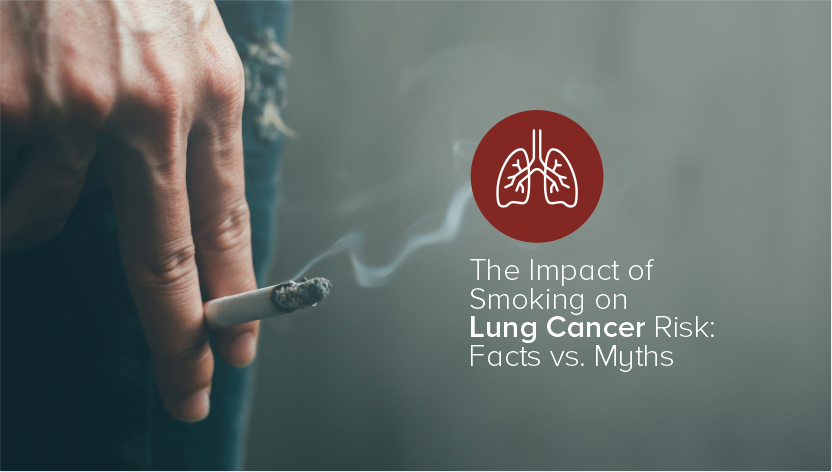When it comes to smoking and lung cancer, there's a thick cloud of myths overshadowing the facts. Understanding the true relationship between smoking and lung cancer is crucial for anyone wanting to make informed decisions about their health. Whether you're a smoker, have loved ones who smoke, or simply want to learn more, this post will shed light on the realities of smoking's impact on lung cancer risk. We'll explore the facts, debunk common myths, and empower you with knowledge that could save lives.
